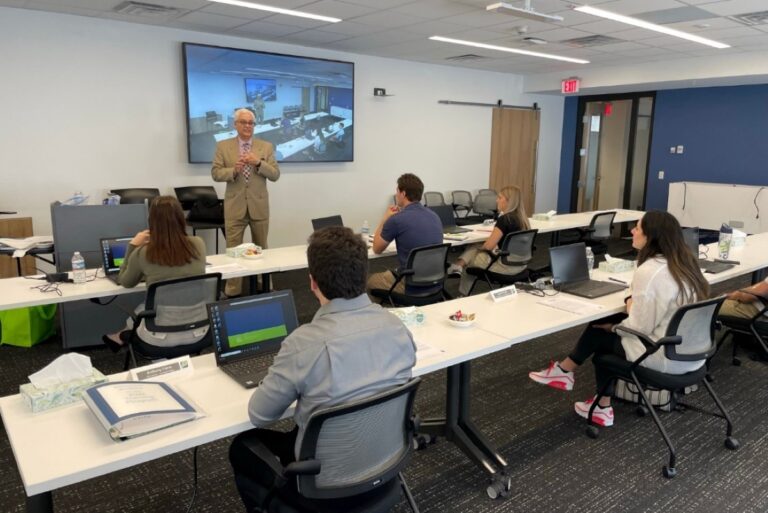Pivotal Management Success Secrets – Real Insight of a CEO
What are your biggest challenges as a CEO? Originally appeared on Quora: the place to gain and share knowledge, empowering people to learn from others and better understand the world.
Setting A Clear Direction While the Destinations Keep Changing
One of the most important responsibilities as CEO is to establish and communicate a clear direction for the company and then reinforce it repeatedly. However, when you receive new data, you need to adjust quickly and make the necessary changes to the company strategy and direction. In these situations it’s easy to continue on the current direction due to fear of being perceived as wrong, or not wanting to re-align the company again. Remember, during a company’s earliest stages, finding product market fit and hitting critical milestones trumps all — it’s survival mode. You need to be able to continually set direction, communicate it, reinforce it, learn, and repeat the process over and over again. The faster you’re able to do this, the better.
Building A Culture That Balances Execution and Sustainability
Execution is extremely important during the early stages of a company. Whether it’s finding product market fit, closing a key partnership, staying ahead of competition, the company’s ability to execute quickly and efficiently will increase your chances of survival, which in turn will increase your chances of success. That being said, running a startup is a marathon, so you need to be sure to build a culture that’s able to work hard and execute efficiently over an extended period of time (i.e years). It’s tempting to blindly execute without a moment’s rest, since there’s always work to be done, but doing so will catch up with you. Take the time to celebrate wins, respect personal time and optimize for impact over face time. Live to fight another day!
Building A Rockstar Team That’s Excited About the Above While Getting Paid Less, And Filling in Any Gaps in The Meantime
Building a rockstar team at the earliest stages of your company is hard. Top talent easily gravitates towards top companies and those companies will always be able to out pay. It’s tempting to hire fast to fill gaps, but that leads to its own set of problems (e.g. cultural and performance). Instead, understand that it takes time and a bit of luck to find great talent from a technical and cultural perspective. As CEO, you need to fill in those gaps by working extra hours until you find the right people who you can fully delegate responsibilities to.
Contributed by Dannie Chu Founder and CEO, MakersPlace









